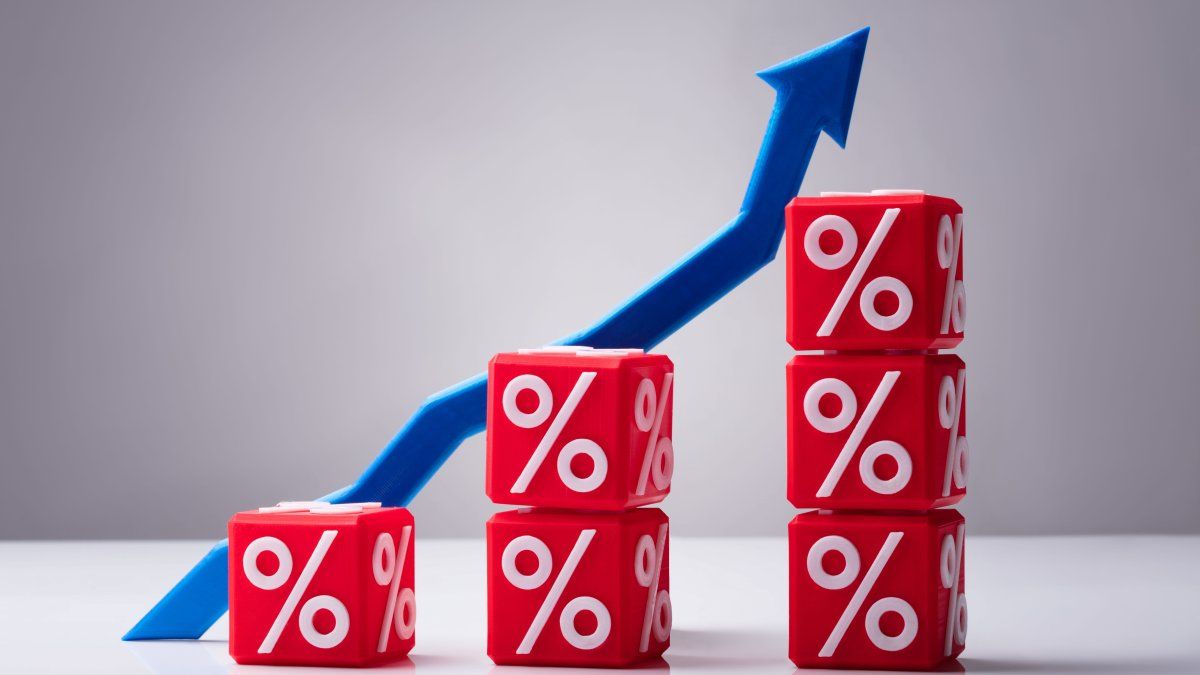In this context, the Argentine Government announced a few days ago the submission to the National Congress of a bill to tax “unexpected income”. Although the scope of the regulation is yet to be known, it is proposed to levy an aliquot on the component of the extraordinary benefit obtained by some companies due to the significant rise in international prices.
The universe would only reach those with net taxable profits of more than 1,000 million pesos, which in 2021 were 3.2% of the total. The condition is also added that “the profit margin must also be abnormally high in 2022 and a criterion will be established that, if the extraordinary income is channeled towards investment, the contribution will be less”. In other words, it is about a small number of companies, when the opposition tries to install the idea of a tax that would affect broad sectors of production.
The fiscal resources derived from this initiative would be channeled, in part, to finance a boost in income for the most vulnerable sectors and those who are most affected by the effects of inflation.
These proposals show a Government that is determined to comply with what it has been proposing for a long time: that regardless of the rate of inflation, the income of active and passive workers is not left behind, even that they are regaining power of buy. In the case of registered workers, there are free parity; In the case of the most unprotected, who are the self-employed and informal workers, a fundamental tool is income redistribution.
A mechanism in which the main protagonist is the State, proposing to tax those profits that were not the product of greater investment or the incorporation of technology, but of a circumstance absolutely external to our country: the armed conflict and the consequent escalation of prices of many products. In other words: a step towards greater distributive justice.
It should be noted that this situation is not unique to our country. In its latest report on “World Economic Outlook”, the IMF suggests that “to reduce the burden on public finances, a temporary increase in taxes on excess profits could be considered. This would help recover part of the transfers to companies that do not need them”.
Of course, there are always voices coming from the local opposition that reject these initiatives for implying an increase in taxes. Although in the same way they are demonstrating against a bill to ensure that Argentine residents who fled capital pay a part of what they evaded to the treasury of their country. In other words, they try to continue favoring those who did not comply with the law: surely, it also bothers them that it is to pay the enormous debt they took on with the IMF. So it shouldn’t surprise us that they try to protect the excessive profitability of those big companies that have windfall profits.
I insist, it is totally legitimate in the current circumstances to propose the redistribution of part of what is being called “windfall income” throughout the world. But the pressure of the big economic groups is always present. That is where the role of the State is essential to counteract it.
It is about preventing the balance of the distributive bid from tipping towards those who have more, and towards validating exceptional benefits, which are partly the result of higher prices that generate an appropriation of the purchasing power of citizens, and what is more serious still, of those with fewer resources.
National Deputy Front of All – President Solidarity Party
Source: Ambito
David William is a talented author who has made a name for himself in the world of writing. He is a professional author who writes on a wide range of topics, from general interest to opinion news. David is currently working as a writer at 24 hours worlds where he brings his unique perspective and in-depth research to his articles, making them both informative and engaging.




